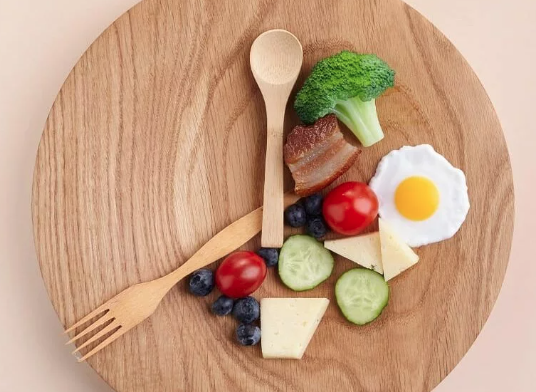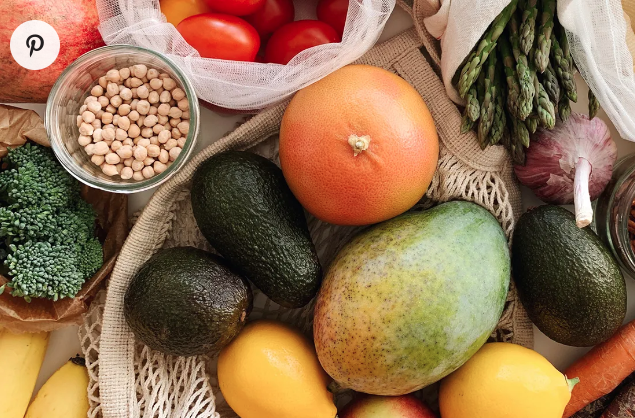A quick reminder. Autophagy is what happens in our bodies and our guts when we stop eating or restrict our food intake. Second, controlling or restricting the window of time of ‘when we eat,’ our eating patterns, offers “promising nonpharmacological approaches to improving health.” Both physical and wellness.
It is a complex interaction of nutrition, wellness and habits.
How do I use knowledge of autophagy, eating patterns and gut health to my own benefit
Dr Satchin’s research is fascinating and compelling. Confining caloric consumption to an 8-12 hour period might keep the gut “cleaning crew” working longer, stave off high cholesterol, diabetes and obesity (3-5%) and glucose regulation – listen to Just one thing.
Ten years on from the healthy Group 2 mice, human trials of time-restricted eating are just beginning, but some of the early results look promising – at least in certain groups. ZOE’s citizens-science are again at the forefront of reporting. 37,545 people completed the 3-week trial.
- 11% increase in mood and 22% increase in energy, compared with their baseline before starting IF
- 64% of the people in the study reported that symptoms of bloating improved
- 58% of participants consumed fewer snacks (fewer calories)
There are also wider research references to “better quality sleep,” also.
Alternate-day fasting may be harder to stick with. Short eating windows may be more effctive, they are also harder to stick with.
Both the 14:10 and 12:12 interventions produced statistically significant and clinically meaningful.
The mice have also shown us that two days of binge-eating “could still be tolerated,” as long as eating patterns were corrected for the other five days.
Thinking out loud?
Eating patterns change the gut microbiome very clearly. If time-restricted eating were to be found to turn down inflammation in the gut and the walls of the gastrointestinal tract, those changes may have major implications for a wide number of people. Knowing how activate or quieten autophagy could prove very helpful, especially nonpharmacologically. Third, linking nutrition and our psychological well-being or ‘psychobiotics,” is mind blowing.
Psychobiotics are defined as probiotics that confer mental health benefits through the interaction with gut microbiota with the latest evidence suggesting that gut microbiota not only regulates intestinal function and health but also plays a role in mental health.
Here are my reflections on fasting
Counting calories is both inaccurate and unreliable: Counting hours is not. Counting calories overlook the food matrix and levels of processing your food has gone through.
Time restricted eating supports a wide range of health benefits and helped me eat and snack less, target stored fat and lose weight (FAST). Together with preparation and portion, it encourages good decisions throughout the day.
On managing time vs calories: I found it promoted self-management and preparation, nutritional good to-go breakfast, lunch and travel food supports portioning. Overnight oats yogurt, frozen fruit to keep it cold. Batch oat cakes. Soft x10 granola bars – more nuts, more fruit, seeds and spices.
Building habits and stickability: 12:12 was a good starting point. 14:10 is achievable and my day-to-day schedule. Dr Mosley is clear with his advice.
We encourage people to begin by eating within a 12-hour period (12:12), then once you are comfortable with that, move to 14:10 and then 16:8 if you’d like to.
…once you have reached the weight you want to be, move back to 12:12. We don’t encourage fasting beyond 16 hours, mostly because it’s a less sustainable lifestyle.
Adding a wellness walk, 50 press-ups, a personal investment at the start of the day helps encourage good decisions throughout the day.
Conlcusion
In summarising the autophagy, ‘better me’ and time restricted eating post, it is impossible to separate nutrition, wellness and habits. It is an interconnect and complex interaction of all three.
Bear in mind that the average American / westerner? eats 7 times a day, and only 10% of adults are eating within a 12 hour cycle, when do most of us give our guts the opportunity to repair? There is scope for improvement. According to Dr Panda, “What we do from sun set to bed time,” could be the most important part of the nutrition day, and doing nothing or at least eating nothing, the most important decision.




